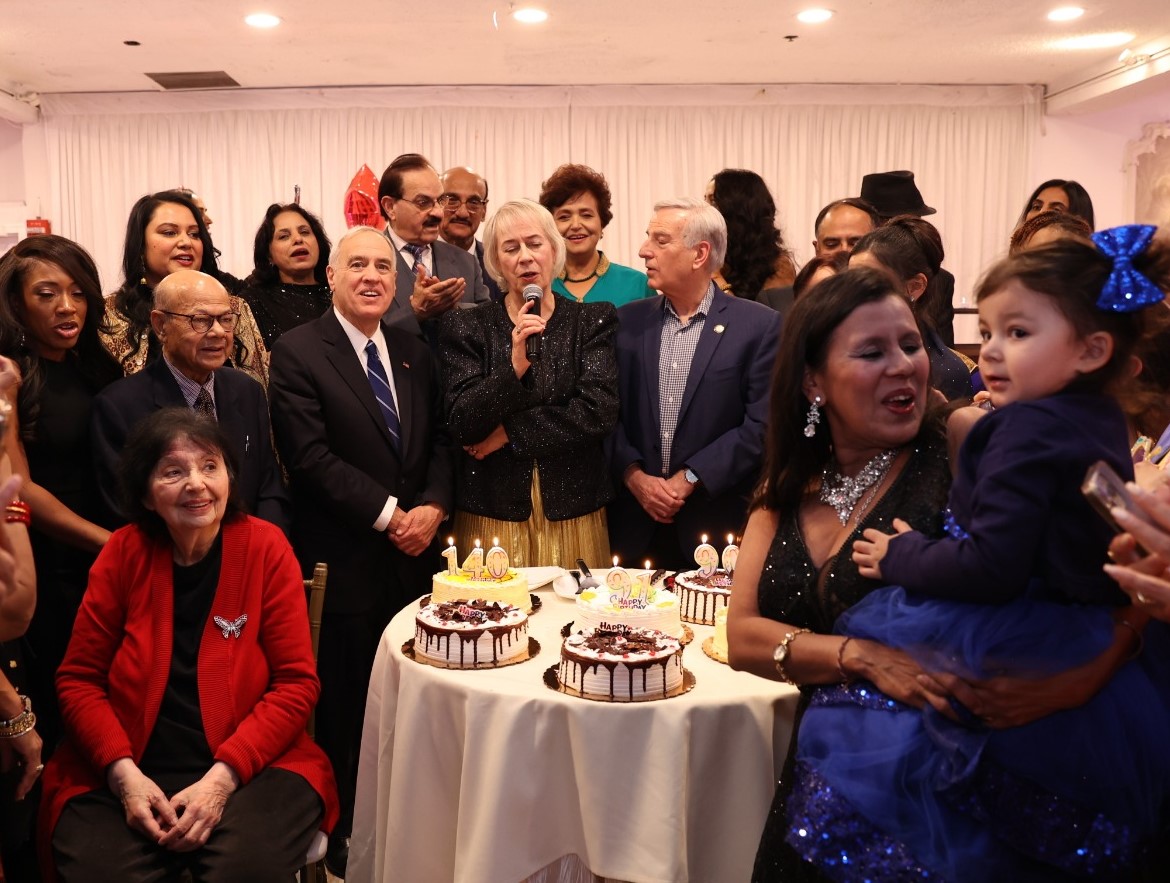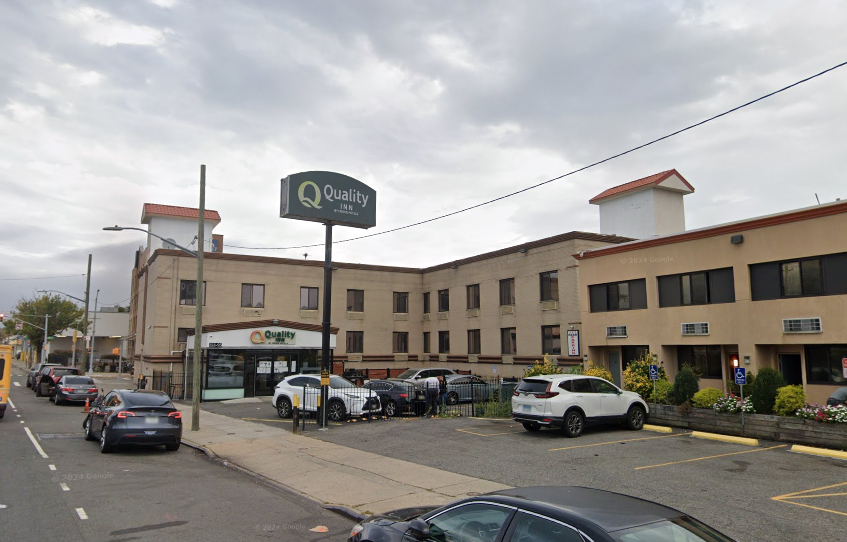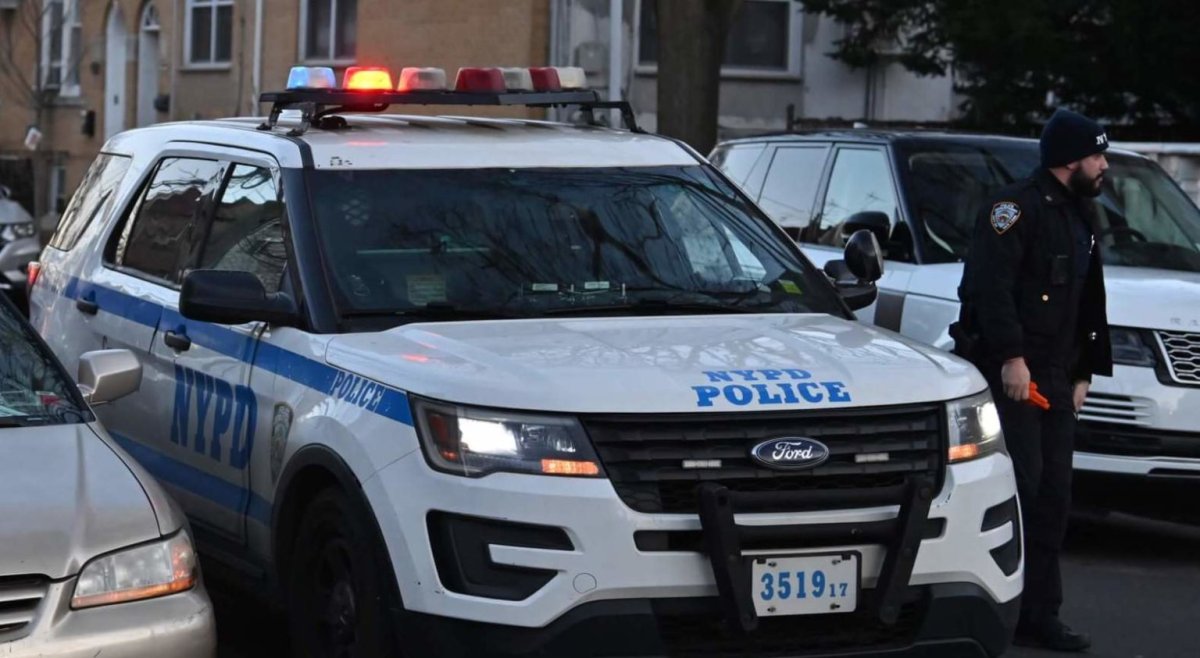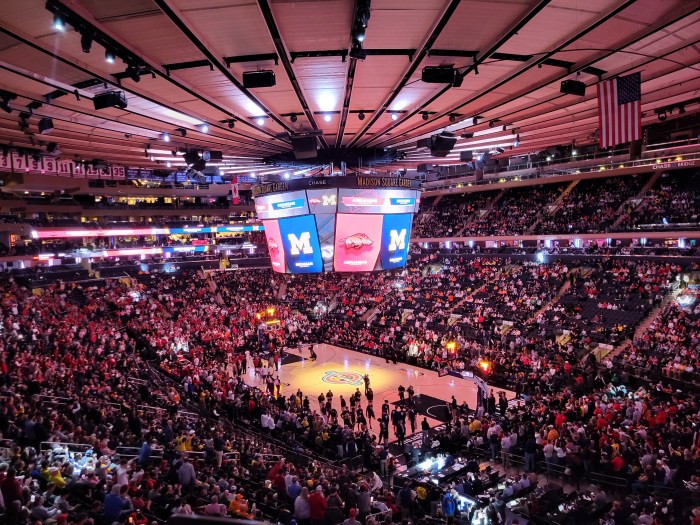By Mitali Jahagirdar
I was looking forward to many things about college: parties, independence, and of course my first boyfriend. Coming from a small high school, I was eager to meet new people who had never made a cameo in my baby videos.
Then, in the first semester of my sophomore year, I had my first college hookup. “Hookup” is a vague umbrella term that can connote anything from kissing to intercourse. While my first make-out session was on the fairly innocent end of that spectrum, I was still thrilled. Although the guy was my dorm neighbor I’d only met the week before, I was convinced that this would be my first relationship.
Fast-forward two weeks to when he found, or rather reconnected with, a girlfriend: his ex living down the hall.
In the awkward weeks that followed, I learned firsthand what some studies of college hookups suggest: hookups don’t always lead to relationships.
My mistake wasn’t just in hooking up with a guy I barely knew; it was also in expecting a full-fledged relationship to follow. Less than a quarter of hookups turn into relationships, based on surveys of about 500 students from 2002 to 2004, according to a report by psychologist Elizabeth Paul of the College of New Jersey.
For the most part, hookups carry no expectations of commitment. Instead, they seem to simply satisfy the biological needs of hormonal 20-year-olds, but not the emotional needs for actual relationships. And while that detachment may be fine for one partner, the other person can get attached. In a heterosexual hookup, that that’s usually the woman.
Hookups pose special problems for women, who are more likely to be left feeling hurt and confused. Most of us quickly tire of hooking up without commitment. Some of the more serious consequences include sexually transmitted diseases, depression or problems trusting future partners.
Dating is better. But dating is a diminishing practice on college campuses. Only half of more than 1,000 college women from schools across the country said they had been asked on six or more dates since starting college; a third said they’d been asked on two dates or fewer, according to a 2001 by the Independent Women’s Forum.
Those results make sense. Dating is largely the art of pursuing someone you would like to get to know better, but hookups eliminate the chase.
College women are trading away this getting-to-know-you phase. Too many women are perpetuating the essentially male-driven hookup scheme, hoping that a drunken encounter can lead to a meaningful relationship.
It’s a lesson I learned by seeing the romantic comedy “He’s Just Not That Into You,” panned by several (male) critics, but glowingly praised by every single one of my girlfriends.
Men like the thrill of the chase — so why ruin the fun? And while women can say asking a man out instead is empowering, the reality is that he’s more interested in what he can’t get. Giving a guy what he already wants doesn’t mean he’ll come around looking for something more serious.
On the other hand, maybe the rules of the dating game have changed. Lopsided gender ratios on campus, relaxed values, and delaying marriage also encourage hooking up, according to Kathleen Bogle, author of the 2008 book “Hooking Up: Sex, Dating and Relationships on Campus.”
But hookups are nowhere near as satisfying as relationships. Of course it’ll hurt when a guy doesn’t call back after what you thought was a great date. But it hurts like hell when he doesn’t call after what you thought was a great night. Congratulations, girlfriend. You’ve just given him his perfect evening — and he didn’t even have to buy you flowers.
Mitali Jahagirdar is majoring in journalism and economics at New York University.



































